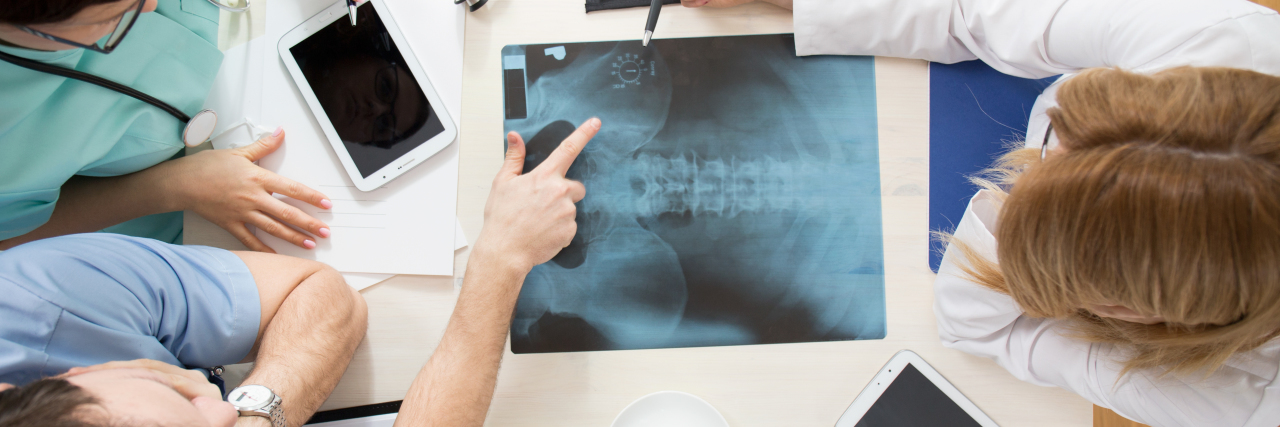Recently in my advanced neurosciences lecture, we saw a video on a patient with Broca’s aphasia. I was awaiting an insightful and enabling discussion about the patient, but to my uttermost dismay, the lecturer asked the class what the problems of the patients were. Then I watched the conversation turn into a rapid gush of false assumptions and beliefs on disability. It was terrible to watch. I wanted to run inside some deep, dark hole and weep.
The real problem was that they weren’t being patient with the person and refusing to hear the solution.
We watch too many of these videos in medical science courses (including in our spare time, like those TV shows that make such drama out of medicine). I believe it leads us to become biased against people with disabilities. The biggest problem coming from this is that as future doctors, nurses, scientists and therapists, we often forget that a patient is a person, not a medical model.
Looking at the whole person is extremely important, particularly when you are studying in medicine or any other related health field. This means seeing the person, their struggles, their weaknesses, and the light, hope and abilities in them. This quality is often belittled and devalued in medicine.
Unfortunately, there is a lot of hidden narcissism, bitterness and toughness in medicine. When you show the slightest bit of vulnerability, you are often bullied and made to feel like you are the problem. However, it is about time doctors or other health care providers start being vulnerable. Vulnerability produces pure empathy, and without showing empathy and compassion both to your colleagues and patients, I believe practicing medicine is vain.
Compassion is where it starts, right? Didn’t you (the doctor) say you wanted to “help” others? And, (drum roll) compassion should be where it all ends. I say should be, because it seems a lot of doctors come into medicine wanting to help others and halfway along the long and heavy road, it begins to feel like a chore. They can so easily forget why they chose a medical career in the first place. It begins to feel like a chore because of the toxic culture in medicine, and compassion fatigue. I think we can change this only by spreading love all through the hospital work setting, averting the cold-hearted side of medicine.
I am a warm-hearted person. I would like to be a health practitioner who is warm, caring, gentle, imperfect and quirky – a human who is not ashamed of her weaknesses but rather proud. I would like to be the one who considers the abilities of patients and always sees through them.
We want to hear your story. Become a Mighty contributor here.
Getty image by Katarzyna Bialasiewicz.

